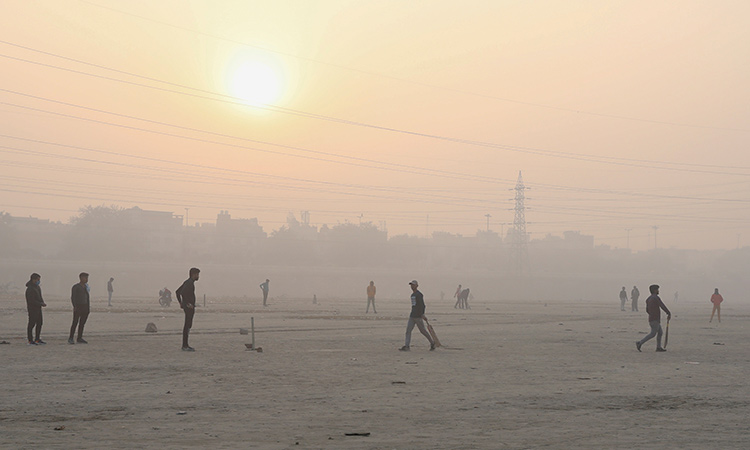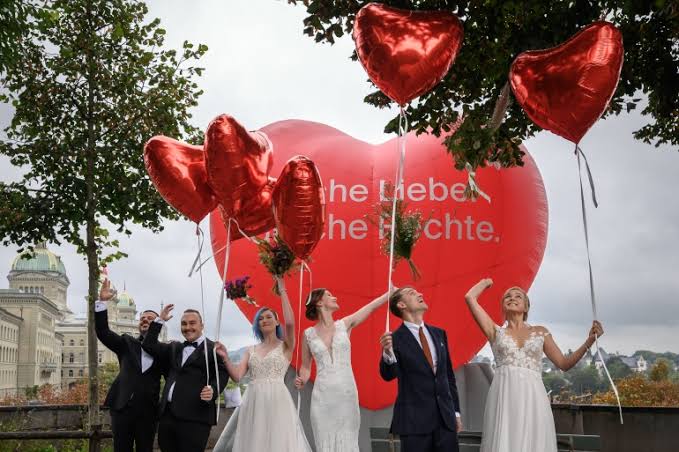CEPA
In its very legalistic way, the decision by a German regulator to suspend the Nord Stream 2 gas pipeline may just be the first real evidence that the country is finally thinking strategically.
If so, it is not a moment too soon. Europeans urgently need to re-consider any policy that deepens their energy dependence on Russia, even if that means missing carbon emission targets. It would be strategic illiteracy of the worst kind to put the continent’s freedom at risk simply to meet arbitrary climate change targets, important though they are.
President Vladimir Putin will always use the power he is given by Europe against Europe. The grand strategic aim of the Kremlin is to force much of Central and Eastern Europe (CEE), including the Baltic states, into a new Russian sphere of influence. That is why thousands of desperate migrants are being forced towards the Belarus border with Poland, Lithuania, and Latvia; why there is a threat to cut gas supplies to much of CEE from Russia; why Russian nuclear bombers fly down the North Sea and into the English Channel; and why some 90,000 troops of Russia’s most capable military units gather on Ukraine’s eastern and northern borders.
This marks the application of the Gerasimov Doctrine, by which Russia simultaneously applies “strategic maskirovka” (deception) and “dezinformatsiya” (disinformation) together with so-called “active measures” to keep a deeply disjointed and feeble Europe politically and militarily off-balance. The most immediate aim is to prevent Ukraine from crossing a Russian red line by moving formally to join NATO. That was the purpose of Putin’s September 2021 essay in which he denied Ukraine had ever been an independent state and was thus an integral part of Russia. This is dangerous language and requires a response — even though President Joe Biden recently told President Volodymyr Zelenskyy that NATO membership is a long way off, Ukraine’s eventual integration into free Europe must now be a shared allied strategic aim…


